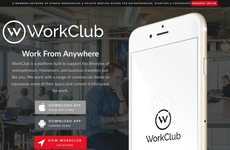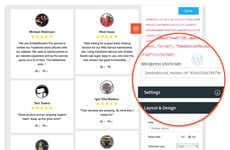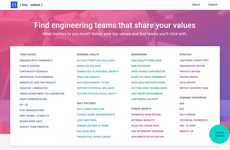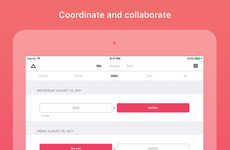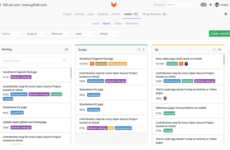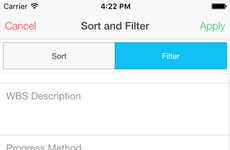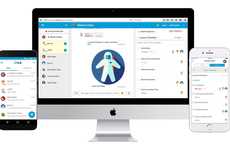
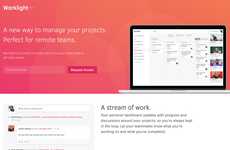


Employers cater to the flexible work practices preferred by Millennials
Implications - With Millennial work preferences revolving around flexible schedules, businesses are employing various tools that allow them to manage and coordinate the diversity of their workforce's' working styles. This shift allows for employees to maintain a healthy work-life balance, while ensuring that employers are able to create a more productive business–with the added benefit that these adaptive work schedules function as a key recruitment tool.
Workshop Question - How can your brand accommodate Millennial work styles in a way that offers mutual benefits?
Trend Themes
1. Flexible Work Practices - As employers shift towards catering to Millennials' focus on work-life balance, there is an opportunity for disruptive innovation in the form of new software and tools that allow for this flexibility.
2. Remote Team Management - With the increasing number of remote teams, there is a disruptive innovation opportunity for project management tools that streamline communication and tracking of progress on tasks.
3. Flexible Job Platforms - As job seekers continue to demand more work flexibility, there is an opportunity for disruptive innovation in the form of job boards and platforms that cater to this demand and offer more than just a traditional 9-5 job.
4. Collaborative Task Management - As remote work becomes more prevalent, there is an opportunity for disruptive innovation in the form of new task management apps that allow for collaboration, communication, and tracking of progress on tasks across different time zones and locations.
5. Flexible Hourly Working - As companies shift towards offering flexible working hours, there is an opportunity for disruptive innovation in the form of platforms and tools that connect employers and hourly workers while also providing the flexibility that is increasingly in demand.
Industry Implications
1. HR Tech - HR tech companies can capitalize on the trend of flexible work practices by developing software and tools that help employers manage and coordinate diverse work schedules and work styles.
2. Project Management - Companies that specialize in project management tools can capture the trend of remote team management by developing software that streamlines communication and tracking of progress across different time zones and locations.
3. Job Boards - Job board companies can take advantage of the trend of flexible job platforms by creating websites and apps that cater to job seekers looking for work that offers more than just a traditional 9-5 job.
4. Task Management - Task management startup companies can capitalize on the trend of collaborative task management by developing apps that allow for easy sharing of files and checklists, project management, communication, and tracking across different locations.
5. Temporary Job Platforms - Companies that specialize in connecting employers and hourly workers can take advantage of the trend of flexible hourly working by offering more benefits and flexibility to their workers than traditional temporary job platforms.










